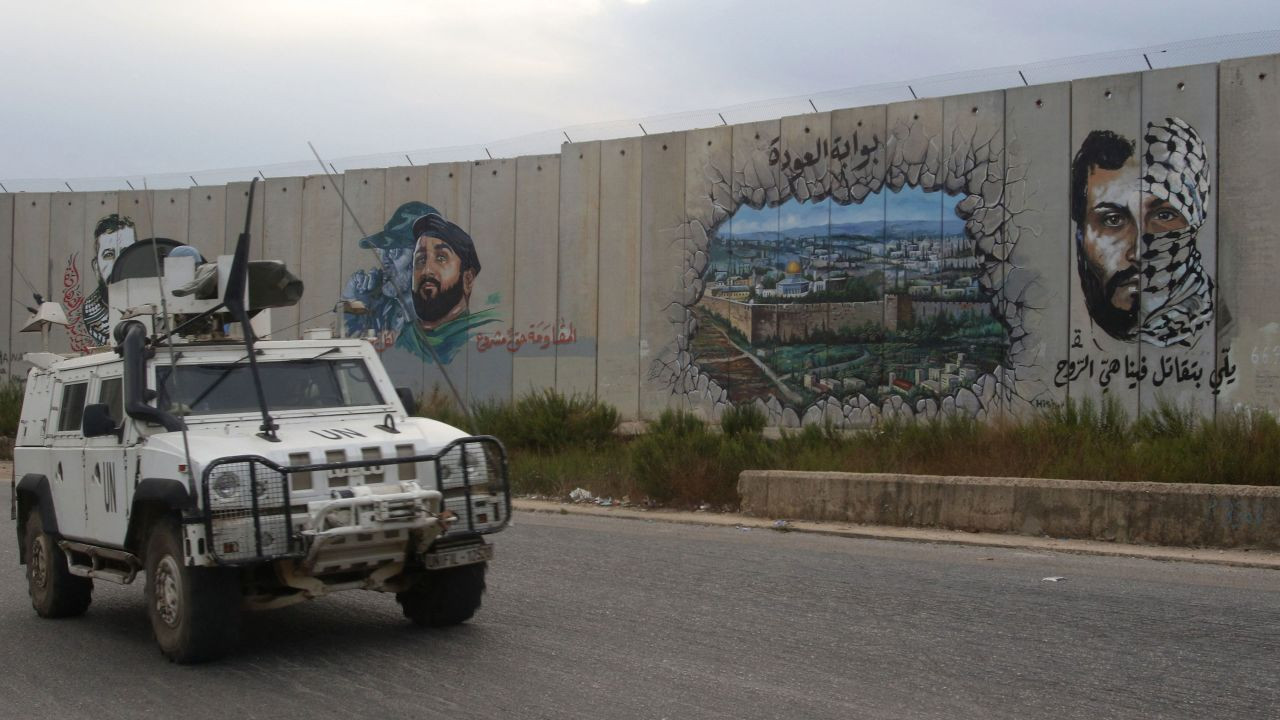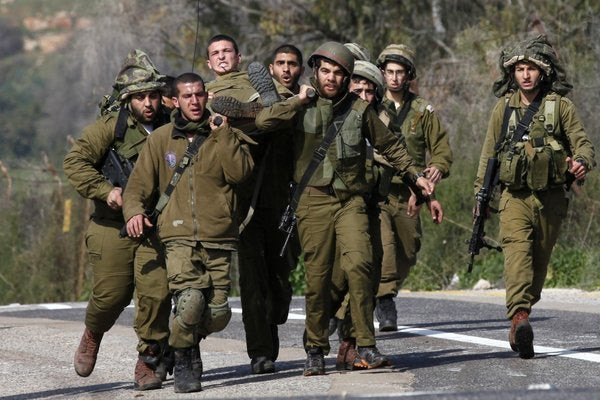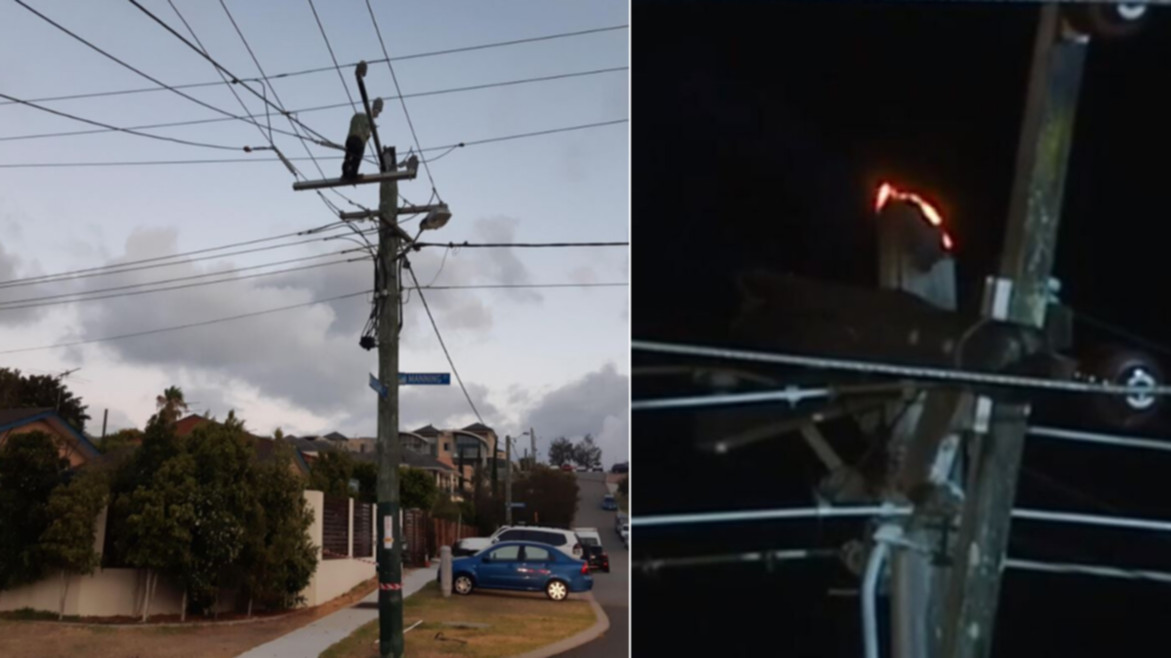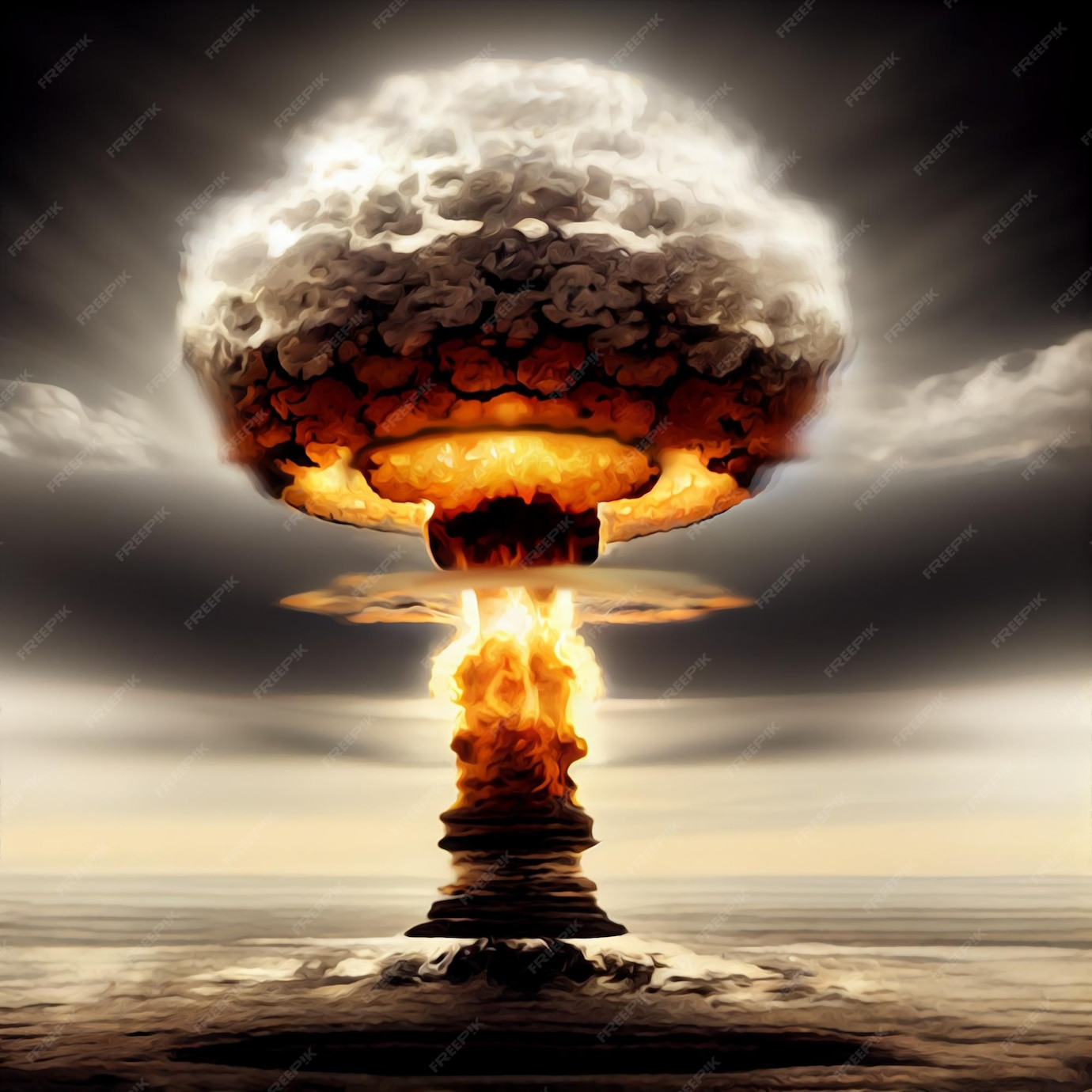The explosions, which occurred around 3:30 p.m. local time, sent shockwaves across Lebanon, leaving hundreds injured and at least nine dead, including a child and two members of the militant group, Hezbollah. The incident has sparked outrage and accusations of Israeli aggression, further escalating tensions in the region already reeling from the ongoing conflict in Gaza.
Hezbollah has placed responsibility for the deadly pager explosions in Lebanon on Israel, and vowed retribution.
“We hold the Israeli enemy fully responsible for this criminal attack which led to the martyrdom of several people, impacted civilians and injured a large number of people with various types of injuries,” the Lebanese militant group said in a statement released Tuesday evening.
“This criminal and treacherous enemy will definitely receive a fair punishment for this sinful assault, both in ways that are expected and unexpected,” Hezbollah added.
The Israeli military, which has engaged in tit-for-tat strikes with Hezbollah for months, said it would not be commenting on the incident.
The Lebanese government echoed Hezbollah’s condemnation, calling the attack “criminal Israeli aggression.” Prime Minister Najib Mikati, in a cabinet meeting on Tuesday, characterized the incident as “criminal Israeli aggression, which constitutes a serious violation of Lebanese sovereignty and a crime by all standards,” according to the state-run NNA news outlet.
Information Minister Ziad Makary, in a news conference in Beirut, asserted that the Lebanese government has contacted the United Nations and relevant countries “to hold them accountable for this continuing crime.”
A Targeted Attack?
The simultaneous explosion of hundreds of pagers across Lebanon represents a physical and symbolic hit on Hezbollah that was landed, presumably, by Israel. Experts have shared two competing theories as to how hundreds of pagers could have exploded simultaneously.
One theory is that there was a cybersecurity breach, causing the pagers’ lithium batteries to overheat and detonate. Another is that this was a “supply chain attack,” where the pagers were tampered with during the manufacturing and shipping process.
David Kennedy, a former US National Security Agency intelligence analyst, told CNN that the explosions seen in videos shared online appear to be “too large for this to be a remote and direct hack that would overload the pager and cause a lithium battery explosion.” Kennedy said he found the second theory to be more plausible.
“It’s more likely that Israel had human operatives… in Hezbollah… The pagers would have been implanted with explosives and likely only to detonate when a certain message was received,” he said.
“The complexity needed to pull this off is incredible. It would have required many different intelligence components and execution. Human intelligence (HUMINT) would be the main method used to pull this off, along with intercepting the supply chain in order to make modifications to the pagers,” he added.
Escalating Tensions
For most of the past year, cross-border skirmishes between Israel and Hezbollah have been the daily background music to life in Lebanon. But Tuesday’s exploding pagers attack represents a level of escalation that is perhaps even greater than the assassination of Fu’ad Shukr, the senior Hezbollah commander killed by an Israeli airstrike on a Beirut suburb in late July.
The explosions underscore Hezbollah’s profound vulnerability to Israeli infiltration of its intelligence and communications networks. This vulnerability has been a recurring theme in the ongoing conflict, and it underscores the potential for future escalation and instability in the region.
A New Chapter?
The pager explosions have left Hezbollah with few good options in its conflict with Israel, says Maha Yahya, director of the Carnegie Middle East Center in Beirut.
“Hezbollah is stuck between a rock and a hard place. They’ve been taking, literally, a beating over the past year. They’ve lost more than 450 members of the organization, significant damage to their infrastructure – and now this,” Yahya told CNN.
“They’ve lost the deterrence – they haven’t lost it completely, but they’ve been hemorrhaging, if you like, a lot of their deterrence,” she added.
Yahya said how Hezbollah responds to the explosions could be influenced by Israel’s next move.
“Is this also a first step in a broader escalation that Israel is planning? Because we’ve also been hearing from the Israeli government that they would like to expand the conflict into Lebanon in a more significant way than what we’ve seen so far,” she said, referring to a string of bellicose statements by Israeli officials contemplating a wider confrontation with Hezbollah in Lebanon.
The US has been actively seeking a diplomatic resolution to the conflict, with a key priority being the establishment of a ceasefire in Gaza. However, the latest events have cast a shadow over those efforts, raising concerns that the region could be on the brink of further escalation.
The Israeli military said earlier that it will not be commenting on the incident.
Consequences and Responses
Seth Jones, the director for the Center for Strategic and International Studies’ International Security Program, told CNN that Hezbollah will “have to respond” to Tuesday’s pager explosions in Lebanon.
“When I was recently in Israel and visited the border areas, the Israeli perspective right now is that the situation with the north is untenable,” Jones told CNN, while stressing that Israel has not yet commented on the pager explosions.
“Now that we’re seeing Israel start to wrap up the war in Gaza, they are starting to turn north,” he said. “Israel is really trying to change the situation on the ground and create some sense of security on its northern border.”
Although Hezbollah’s response to the Israeli assassination of the senior Hezbollah commander Fuad Shukr in a Beirut suburb in July was “relatively muted,” Jones said Hezbollah will now have no choice but to retaliate.
The Israel Defense Forces (IDF) has previously estimated that Hezbollah has approximately 150,000 rockets and missiles, including thousands of precision munitions.
“If this thing continues to creep up the escalatory ladder, Hezbollah has a lot that they can throw at Israel,” Jones warned.
The region now watches anxiously, bracing for the consequences of this latest act of violence, which could set off a chain reaction and plunge the region into a deeper conflict.


















